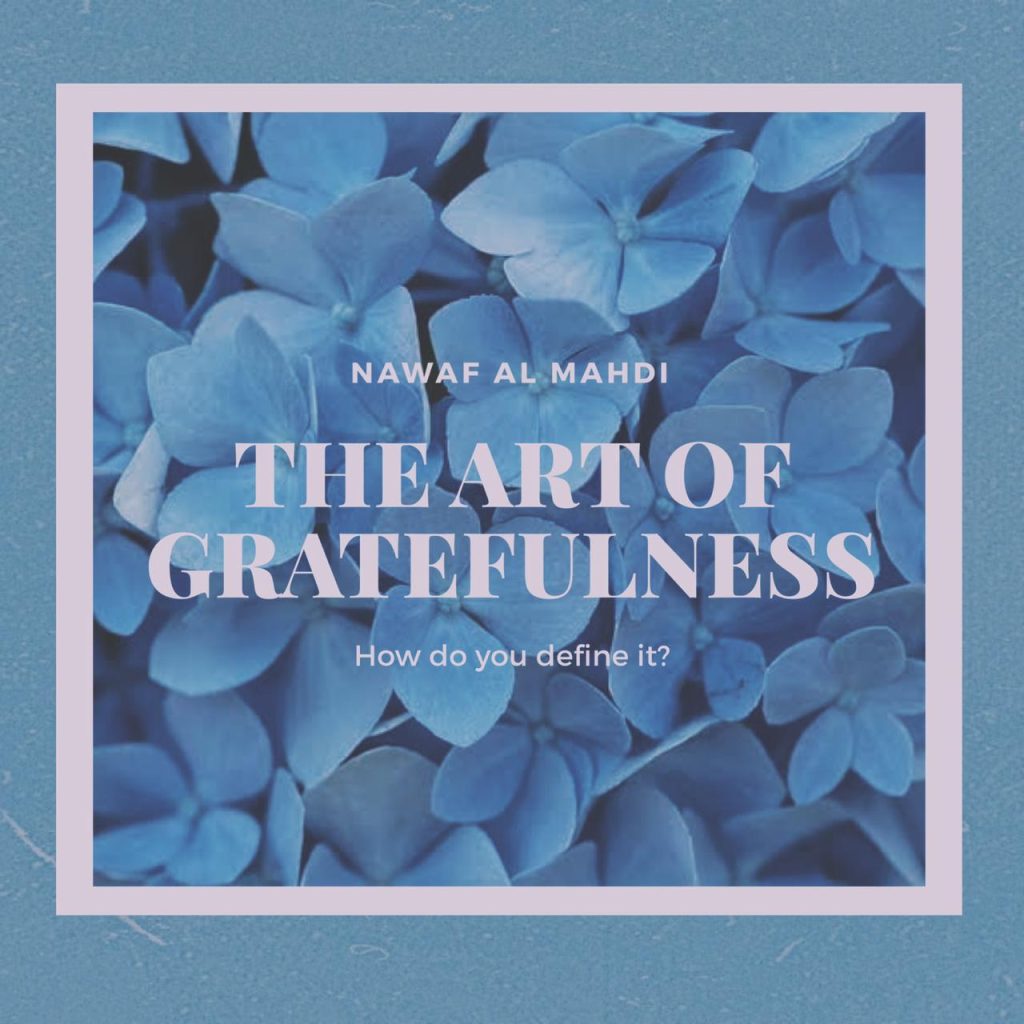
Writer: Nawaf Almahdi
Editor: Khaled Mohamed
In the name of Allah, the Most Gracious and Most Merciful“And indeed, we bestowed wisdom upon Luqman, so that he may be thankful to Allah. And whoever gives his thank, he does so for the benefit of his own self, and whosoever conceals his thanks, then he should know that Allah (SWT) is self-sufficient” (Surat Luqman; verse 12 – 19).
Hello again fellow Milky Way readers!
I want to ask you one question: Do you practice gratefulness? If so, how often?
(You can answer this question and discuss it via my email: [email protected])
What is Gratefulness? I define it as appreciating things that are vital, and to be more specific: health, a roof over my head, and a loving family and good friends. In the Arab world, specifically the MENA region, we practice gratefulness with our family and friends by buying them gifts, but I believe the best forms ofgratefulness are kind words and helping those who are less fortunate. The Art of Gratefulness is a theory I am proposing in this article, where I will display my research on the psychological benefits of gratefulness and appreciation, and how to practice it effectively daily.
The theory to the art of gratefulness starts with being self-content and reminding oneself to count thy blessings. So I want to ask you, fellow reader: are you content with what you have? Because many scholars of psychology and philosophers did talk about this matter as a first step of gratefulness, and because of this, Aristotle once said “happiness depends upon ourselves”.
Furthermore, I conducted an anonymous survey where I asked participants their opinion on the topic of gratefulness, and I have gotten eye opening answers, where I have selected the five best responses from each question in the survey.
1) How do you define gratefulness?
- “Gratefulness is a feeling, it’s the mere idea of being satisfied with who you are and how you are at a specific moment in time.”
- “Always being thankful and never taking things for granted.”
- “Accepting what you have and being thankful for it.”
- “Feeling thankful for what people give me”
- “Being present and appreciating of what you have.”
2) Are you content with what you have?
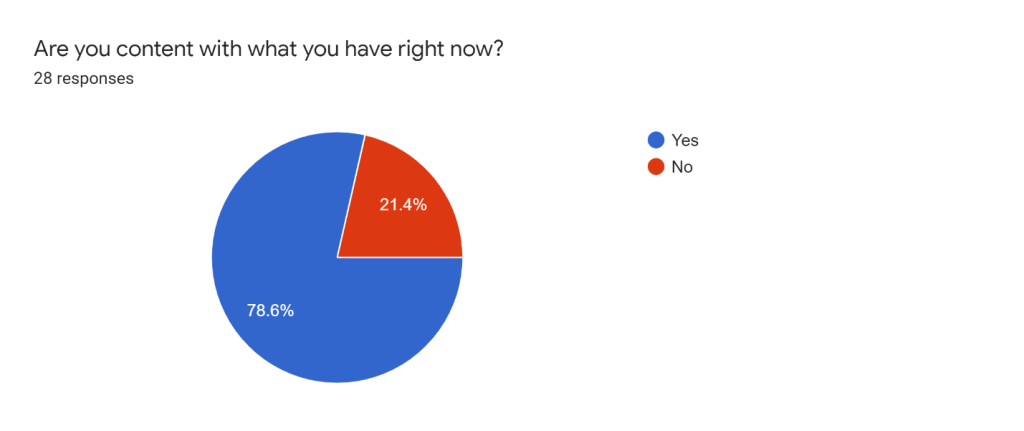
3) [ONLY TO THOSE WHOM ANSWERED NO in the previous question]: How come you’re not content with what you have right now?
- “I’m content but I feel like there is room for improvement.”
- “I’m greedy.”
- “Because i want to be more than what i already am.”
- “just don’t feel it.”
- “Well because i have not done enough, it’s not earned”
After analyzing the second and third questions from the survey, the percentage of those who are not content is 21.4%, and the responses from the third question are mostly related to self-esteem, and it is absolutely normal to feel that way from time to time; however, this can be truly harmful when left untreated.
Professor Steve Taylor wrote an article titled “The Power of Appreciation” in Psychology Today, and he discusses an interesting hypothesis called ‘The Taking For Granted Syndrome’, meaning:
“our tendency to switch off to the value of the good things in our lives. We often fail to appreciate the full value of our health, of the people we love, of our peace, freedom and prosperity, and the very fact that we are alive at all. We usually do learn the value of these things when they’re taken away from us… The taking for granted syndrome is clearly related to the phenomenon of adaptation, the process by which we quickly “get used to” new environments and situations.”
4) In this dire time, what are you grateful for?
- “I’m grateful for my family, who are making self quarantine less boring, and my house, that makes me feel safe at all times.”
- “Food, water, Wi-Fi, a healthy body, family and friends.”
- “Something I can hang on to, after it’s over so many things I can do and so many people I can meet with”
- “artists, my friends, my cats, myself, money, a job, shelter, health“
- “I am grateful for the people who are trying to control this mess (COVID19 pandemic currently)”
5) Whom do you appreciate the most?
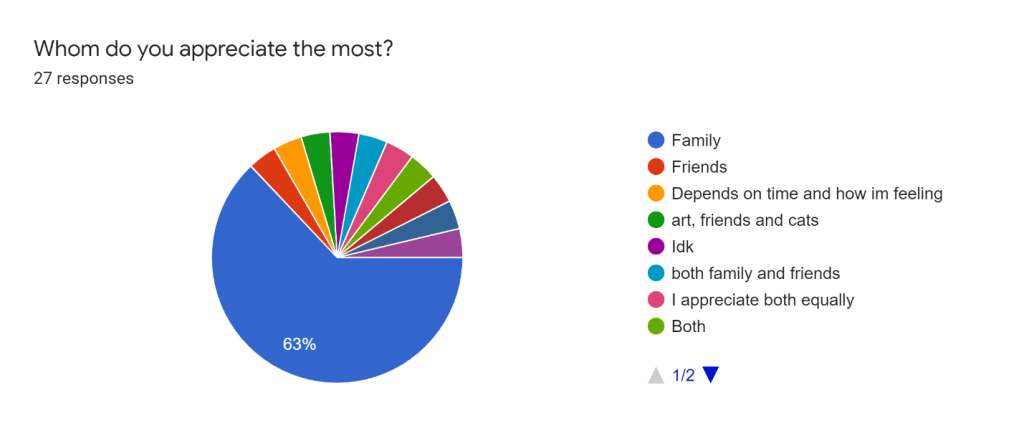
6) How do you practice gratefulness?
- “Telling people thank you, praying and helping others”
- “I try to cherish these things/moments and make the best out of them”
- “Count your blessings when you fail to see any. Gather your thoughts at the end of the day and reminisce what brought you happiness and what should be appreciated. Learn to throw bits and pieces of thanks everywhere.”
- “I go to sleep listing everything I’m thankful and grateful for to Allah and thank him for those. In the morning when I first wake up I do the same thing.
- “by saying alhamdulelah (thanking Allah for everything)”
Practicing gratefulness based on survey question number six is rather interesting because the participants did exactly what a person should do in the world’s current situation with COVID19, and it takes time to practice gratefulness effectively by seeing the positive side of everything.
The survey’s results were rather impressive, and I’m sure some of the readers are glad to see the optimism from the participants’ responses. In order to end this article, one should learn how to appreciate what they have for the time being, and all of us shall prevail against the COVID19 pandemic together by starting with an act of positivity.

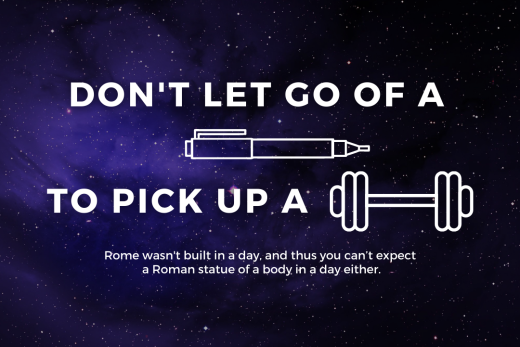

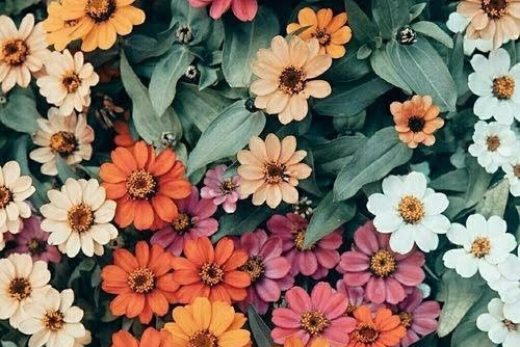
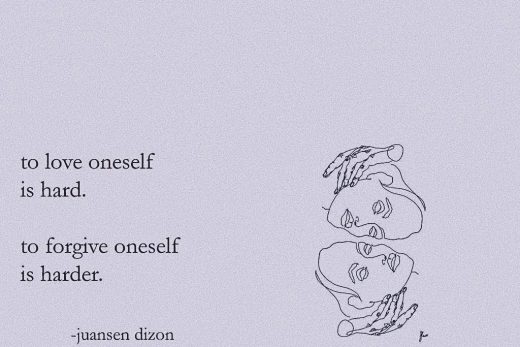
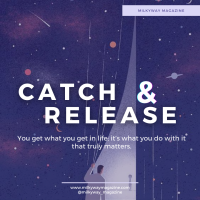
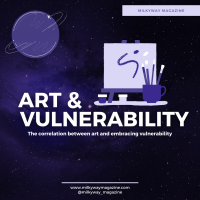

Very nice I like it so much .
Great work Nawaf. I enjoyed reading this article 🙏🏻👏🏻🙏🏻